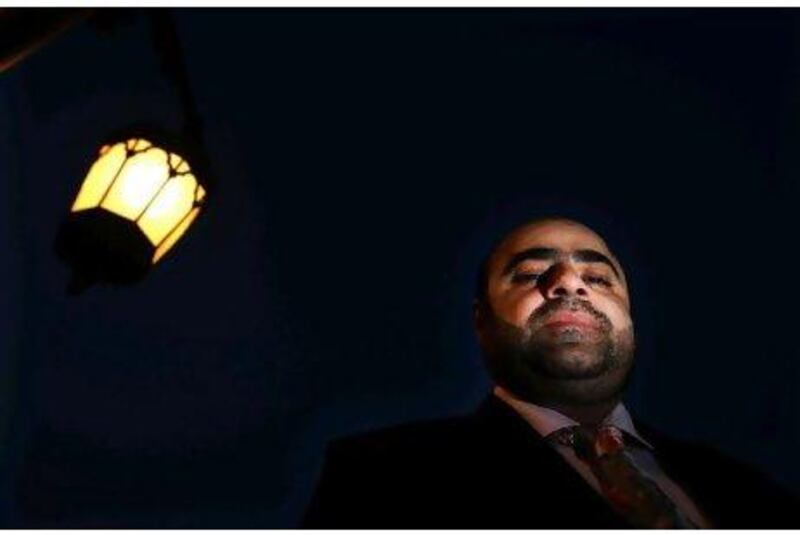SHARJAH // Allegations of sorcery being practised in the Northern Emirates have drawn condemnation from Islamic scholars and experts.
Last week an Arab man was arrested in Sharjah and charged with sorcery for allegedly claiming to be able to find husbands for Arab women and to solve marital problems through the use of magic.
The day after the Sharjah arrest, a man from Chad was charged in a Dubai court with fraud for allegedly telling people he could make it "rain US$250 million".
The scholar and spiritualist Makki Ibrahim said: "People who have lost their self-confidence try to look for completion in the unknown and think probing into such things will create happiness and contentment."
He said he had dedicated 20 years to uncovering the myths behind magic and the use of charms or spells believed to have supernatural power.
"The man who is poor will expect to be instantly rich; the unloved thinks he or she will find love instantly. This, mixed with fear, allows people to be repeatedly financially exploited by bogus magicians."
These conceptions, he said, could be exaggerated by ignorance. If sanctity is given to such beliefs, people fail to question the motives and actions of self-appointed sorcerers and magicians.
The General Authority for Islamic Affairs and Endowments has said it regularly receives calls from people who either blame sorcery for their problems or are considering using it to try to solve them.
"When there is trouble in their lives, people unfortunately attribute it to black magic instead of [using] common sense," said Sheikha Radia Salem, an Islamic adviser at the authority.
"People search for quick answers and fixes to their problems, and instead of praying and patiently waiting for their prayers to be answered, they head to a witch or sorcerer."
Through sermons and lectures, religious authorities warn people against seeking the help of black magic practitioners and witch doctors, which is forbidden in Islam.
The penalty for practising black magic in the UAE is a prison term varying from six months to three years, depending on the severity of the case.
The UAE penal code mentions sorcery and magic only in relation to "fraud and scams", but the old Dubai penal code of 1970 listed sorcery and magic independently.
According to this code, anyone found to be profiting from pretending to have knowledge of sorcery and magic, or the ability to foretell the future or find lost items using magic, faced up to a year in jail and a fine of 1,500 riyals (the pre-union currency).
"Magic in all its shapes and forms is a dark, unknown, mysterious place which people cannot explain or rationalise," said the prominent Islamic scholar Sheikh Dr Ahmed al Kubaisi, a founding professor at UAE University.
Dr Ibrahim said he had found in the course of his travels that people tended to be more afraid of sorcerers and wizards than of divine retribution.
"By giving a wizard infinite power [through fear] he can do anything," he said. "This is an unconscious ideology that has become innate in the public."
"Many factors of the universe we live in have not been uncovered to us and it will only be uncovered through our pursuit of science and the blessings of Allah," he said.
Rym Ghazal and Haneen Dajani also contributed to this story






